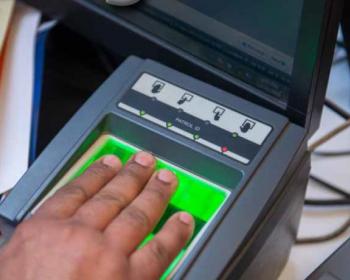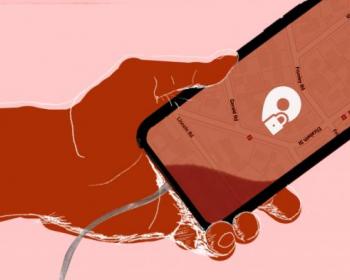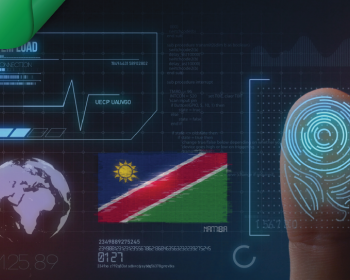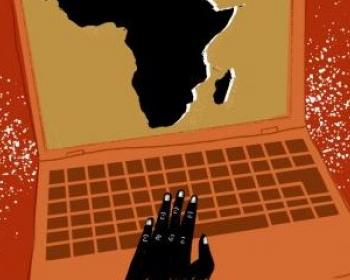Media Foundation for West Africa
The MFWA is a regional independent non-governmental organisation with a network of national partner organisations in all 16 countries in West Africa. It is the biggest and most influential media development and freedom of expression organisation in the region
MFWA's mission is to promote and defend the right to freedom of expression of all persons particularly the media and human rights defenders in West Africa.
Link: https://www.mfwa.org/
This issue of Digital Rights Southern Africa makes clear that there is no or slow commensurate roll-out of measures to ensure that biometric data collection and processing systems are secure and to the actual benefit of the societies in which they are being implemented.
What this edition of Southern Africa Digital Rights serves to spotlight is that privacy and data protections remain and will continue to remain areas that civil society in the region must continue to monitor and address.
There are several factors, some legal, some political and some economic, that continue to impact the exercise of rights online in Zimbabwe, particularly free expression, the right to privacy and access to information.
In March 2021, shortly before the elections scheduled for August, then Zambian president Edgar Lungu quickly signed and enacted three internet-related laws, one of which has remained especially problematic into 2022: the Cyber Security and Cyber Crimes Act.
Namibia has become the latest African country to introduce mandatory SIM card registration and data retention regulations that will have a far-reaching impact on online privacy and data protection in the country.
Recent instances of the use of state surveillance apparatus for repressive purposes and prosecutions, compounded by a lack of data and online privacy protections and low internet penetration and usage, have heightened fears that the country is regressing in terms of safeguarding online rights.
The draft bill would have enabled surveillance abuse and privacy violations. The pressure that was brought to bear by various human and media rights organisations, and the international spotlight that it attracted, paid off and the bill was withdrawn and amended.
Since early 2021, the Kingdom of Eswatini has been gripped by waves of civil unrest, with reports of internet shutdowns implemented by the government in response to protests. It is in this climate of suspicion and unrest that cybercrime and data protection laws were gazetted in early 2022.
African internet users remain resilient in the face of all manner of state-sponsored and private tech-enabled cyber threats and obstacles, and civil society actors continue to raise and amplify their voices even as spaces for free expression, online and offline, are squeezed tighter and tighter.
Southern Africa Digital Rights is an online publication produced under the project "The African Declaration on Internet Rights and Freedoms: Fostering a human rights-centred approach to privacy, data protection and access to the internet in Southern Africa".












